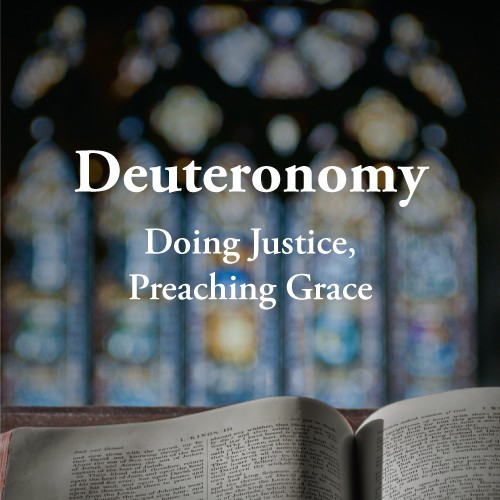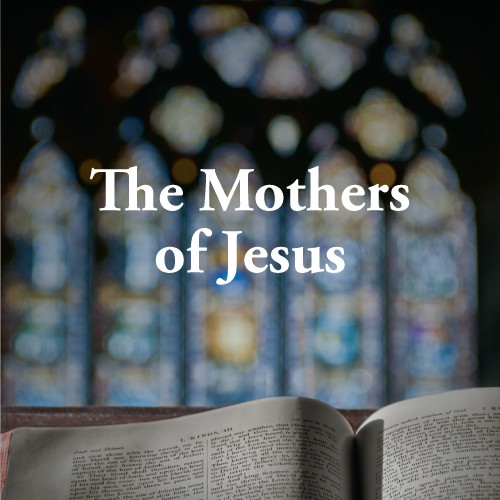Devotional
Lent Day 15: The Forsaken
Psalm 22:1-11, 29-31 (ESV)
My God, my God, why have you forsaken me?
Why are you so far from saving me, from the words of my groaning?
O my God, I cry by day, but you do not answer,
and by night, but I find no rest.
Yet you are holy,
enthroned on the praises of Israel.
In you our fathers trusted;
they trusted, and you delivered them.
To you they cried and were rescued;
in you they trusted and were not put to shame.
But I am a worm and not a man,
scorned by mankind and despised by the people.
All who see me mock me;
they make mouths at me; they wag their heads;
“He trusts in the Lord; let him deliver him;
let him rescue him, for he delights in him!”
Yet you are he who took me from the womb;
you made me trust you at my mother’s breasts.
On you was I cast from my birth,
and from my mother’s womb you have been my God.
Be not far from me,
for trouble is near,
and there is none to help.
All the prosperous of the earth eat and worship;
before him shall bow all who go down to the dust,
even the one who could not keep himself alive.
Posterity shall serve him;
it shall be told of the Lord to the coming generation;
they shall come and proclaim his righteousness to a people yet unborn,
that he has done it.
Psalm 22 is the first in a cluster of psalms that describe the suffering of someone which seems to echo the accounts in Isaiah of the suffering servant of the Lord. The first line of this psalm is likely to be familiar to us because Jesus cried out these exact words when he was being crucified on the cross. Yet this psalm was written by David, many generations before that. Whatever suffering of his own that David was recounting, he was also prophetically describing the redemptive suffering of Christ on the cross thousands of years later.
Jesus would have read this psalm many times in his life during worship at the temple. He no doubt had it memorized, for it to come so readily to his mind when he was on the cross.
Knowing what he was going to face, Jesus could have spent his life in fear or dread. Instead, he, like David before him, clung on to what he knew was true: God is holy, God is his God, and God has been trustworthy throughout his life. And then, based on these truths, David appeals to God to stay close to him. Jesus knew, though, that the greatest suffering he would face would be abandonment by God, so that God would never abandon his people.
The psalm ends with praise and a note of triumph at the end: “for he has done it.” Jesus stayed to the end, bore our sins, and purchased our reconciliation with God. The messianic nature of the psalm becomes clear as David declares that past generations that have died as well as future generations not yet born will all come to know that his God is a God who delivers his people from suffering. After all because Jesus really was completely forsaken by God (for us!), we can be confident that we never will be abandoned, even if, in our suffering, God seems far away or silent when we call out.
Prayer
Gracious God, we glorify you that because Jesus knew what it meant to be utterly separated from you, we will never have to experience that. Strengthen our faith to truly believe this especially when we think we have reasons to doubt it. In Christ’s Name, Amen.
If you would like to support the work of Gospel in Life, you can make a gift here.




